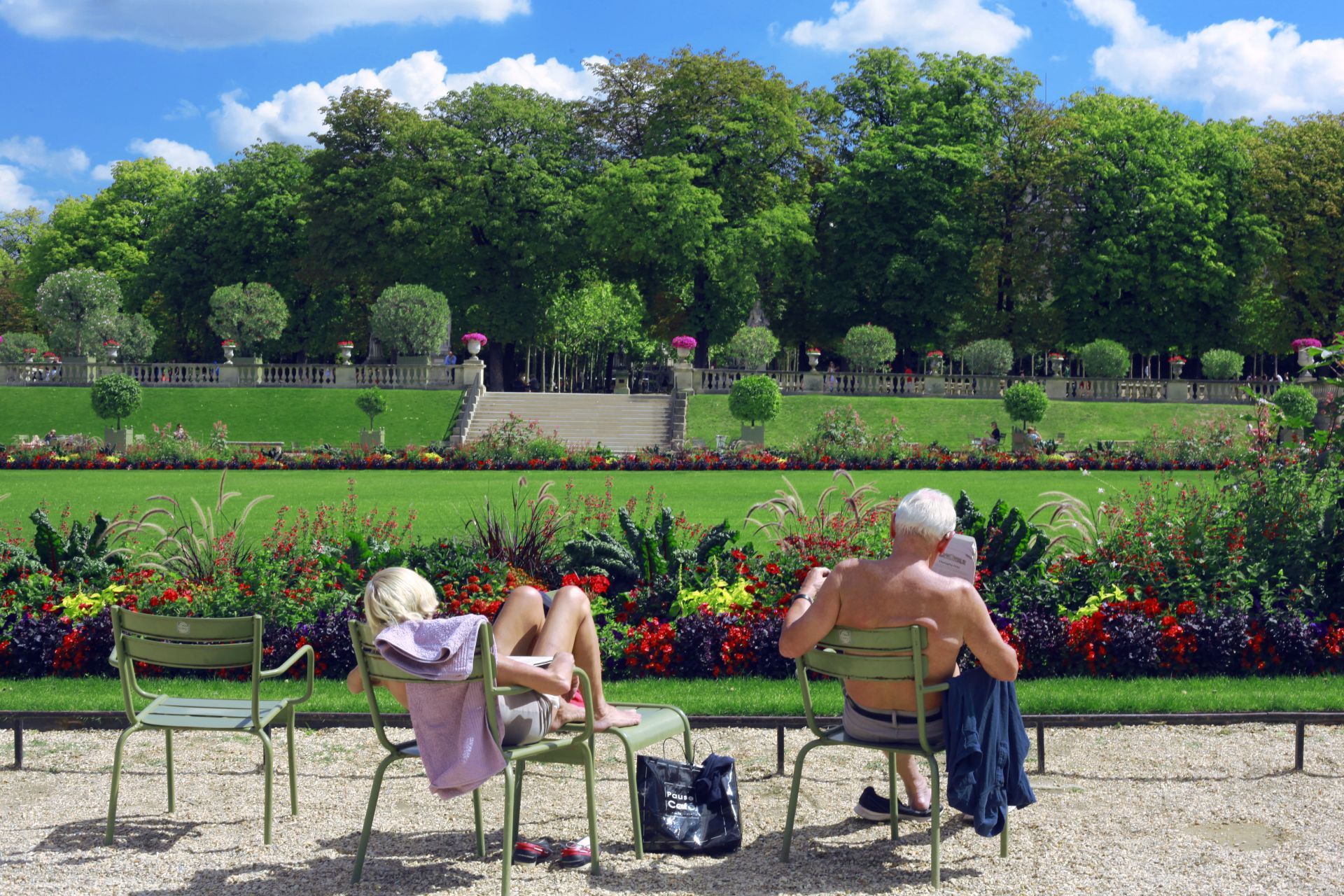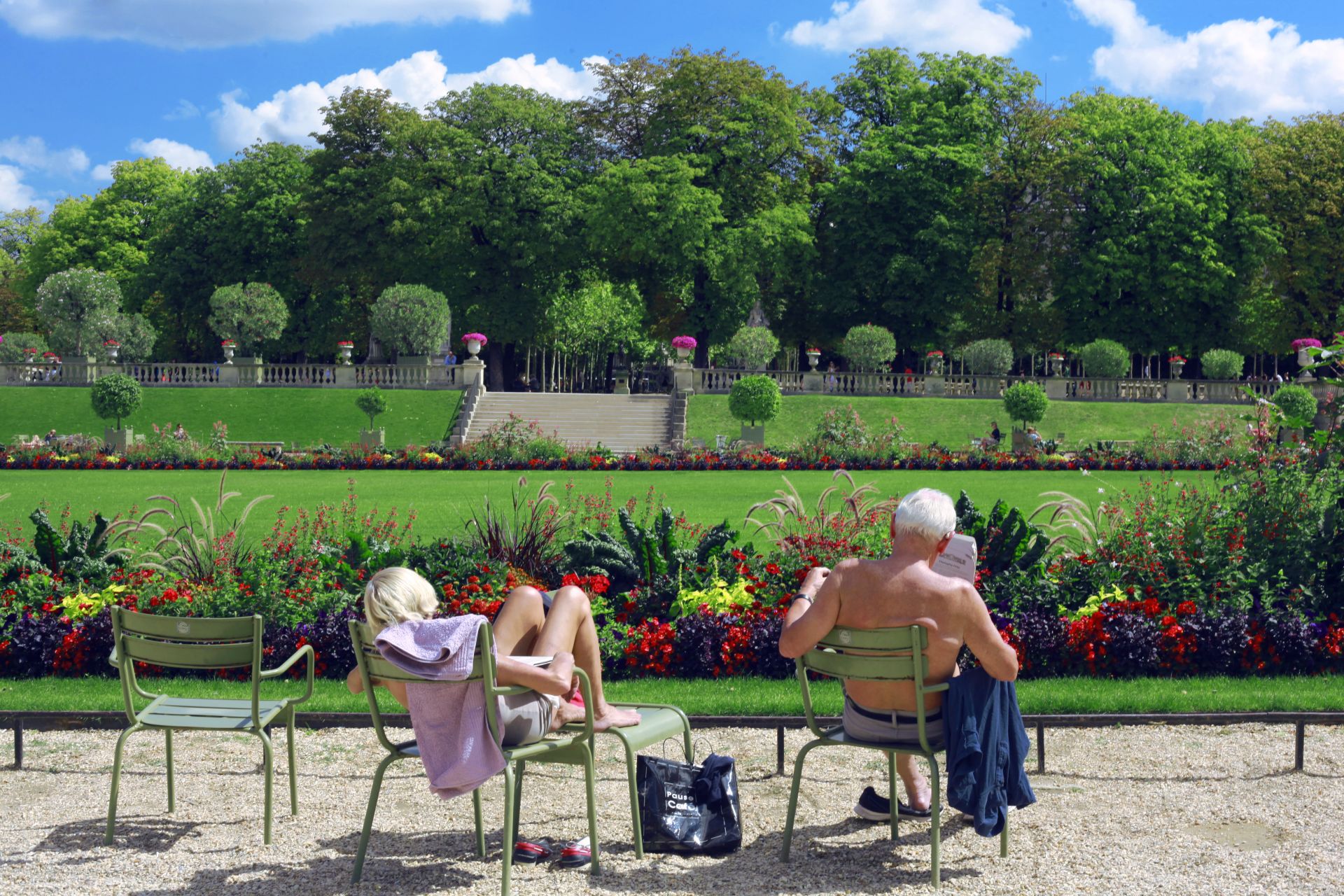
Hypertension, or high blood pressure, is rapidly becoming a global health crisis, affecting around one billion people and climbing at an alarming rate.
While it’s not a disease on its own, hypertension is closely linked to life-threatening conditions like stroke, heart attack, and kidney failure. Since it often has no symptoms, regularly monitoring your blood pressure and overall health is essential to preventing serious complications.
The good news is both Western and Eastern medicine offer effective treatments that can help you manage and enhance your quality of life.
Did you know that just 30 minutes of Acupuncture a week a week can help keep your blood pressure in check? Keep reading to discover how Chinese Medicine and an integrated approach can support your heart health and wellbeing.
For personalised advice, visit our Clinic in Camden, London, or ask for free online health advice.
How can we help?
For centuries, Chinese Medicine has been used to prevent and manage hypertension in China and East Asia. Today, emerging research shows that Acupuncture and Herbal Medicine, when combined with conventional treatments, could be a powerful way to lower blood pressure, relieve symptoms, and offer a safe, effective solution for managing mild to moderate hypertension.
While the exact mechanisms behind how Chinese Medicine works are still being studied, early clinical trials suggest that Acupuncture may stimulate the nervous system and activate specific brain regions to balance neurotransmitters and reset brain chemistry. Treatments also seem to help regulate the autonomic response, restoring harmony between the sympathetic and parasympathetic systems and might relieve stress and anxiety—both key factors in hypertension.
By aiming to address the root cause of the condition while alleviating symptoms, Chinese Medicine not only seeks to regulate blood pressure but also works to strengthen both mind and body for long-lasting results and improved overall health.
How quickly will you see results?
Most patients begin to notice consistent results within 3-4 weeks, though many experience improvements in symptoms much sooner. Acupuncture, in particular, can offer significant relief, often reducing the severity of symptoms after just a few sessions, helping you feel better faster.
Restoring balance takes time, and the length and effectiveness of your treatment will depend on your unique health condition, lifestyle, and how your body responds.
But with the right approach, you’ll be on your way to lasting improvement in no time.
About Hypertension
A healthy blood pressure is typically around 120/80 mm Hg.
Hypertension, or high blood pressure, is defined as a reading of 140/90 mm Hg or higher.
In simple terms, blood pressure is the force exerted by blood against the walls of your arteries as the heart pumps it throughout the body. This pressure depends on how hard the heart works to pump blood and the resistance within the blood vessels. The narrower your arteries, the greater the resistance, which increases the strain on your heart and raises your blood pressure.
Hypertension is classified as either primary or secondary.
Primary or essential hypertension is the most common type and develops gradually over time. It is often associated with structural changes in the heart and blood vessels, which can lead to cardiovascular disease and stroke.
This form of hypertension is influenced by a combination of factors such as genetics, age, being overweight, high alcohol consumption, diabetes, poor lifestyle choices, and unhealthy dietary habits.
Secondary hypertension, on the other hand, can develop quickly and tends to be more severe. It’s often linked to underlying conditions such as kidney disease, thyroid problems, endocrine tumours, or issues with the adrenal glands.
Hypertension is often a symptomless condition.
Many people may not experience any noticeable signs, and it could take years before the condition becomes severe enough for symptoms like dizziness, headaches, flushing, or blood spots in the eyes (subconjunctival haemorrhage) to appear. While these symptoms don’t always indicate hypertension, they should never be ignored, especially if they occur frequently.
Even without symptoms, high blood pressure can silently damage your arteries and organs, particularly your heart, brain, eyes, and kidneys. Over time, this damage increases the risk of heart disease, stroke, and heart attacks.
Early detection is key.
Regular blood pressure checks are the best way to know if you’re at risk. Timely treatment can not only help manage hypertension but also potentially reverse it, reducing the risk of long-term damage.
Western Medicine View
In Western medicine, the exact cause of high blood pressure is still not fully understood. However, it is closely linked to underlying conditions and several risk factors such as@
- Genetics
- Age
- Being overweight
- Poor lifestyle choices
- Unhealthy dietary habits
Treatments are customised based on the type and severity of hypertension.
For primary hypertension, the first line of defence typically involves lifestyle changes—improving diet, increasing physical activity, and managing stress. To support these changes, medications like beta-blockers (which help slow the heart rate and reduce the force of the heartbeat) and diuretics (which assist the kidneys in removing excess sodium) are commonly prescribed to regulate blood pressure.
When it comes to secondary hypertension, the focus shifts to treating the underlying cause, such as kidney disease or hormonal imbalances, in addition to medications designed to lower blood pressure. Depending on the specific cause, doctors may adjust or modify the treatment plan to ensure the most effective management of the condition.
The ultimate goal of treatment is not just to manage blood pressure but to alleviate symptoms and prevent long-term complications like stroke, heart attack, or kidney damage. Regular monitoring and adjustments are vital to ensuring that blood pressure stays within healthy levels and complications are avoided.
Chinese Medicine View
In Chinese Medicine, high blood pressure is seen as a result of a deep imbalance in the body, often rooted in a weakness of the Kidney ZF, Spleen ZF, and Liver ZF organs.
This condition is typically attributed to two main imbalances:
- Hyperactivity of ‘Liver ZF Yang’, which is directly connected to stress and emotional overload.
- Kidney ZF Yin Deficiency, often caused by an irregular lifestyle—such as poor diet and lack of physical activity.
Chinese medicine goes beyond the physical and recognises the profound connection between the mind and body – a concept now increasingly supported by modern science.
In Chinese medicine, high blood pressure is often linked to unresolved emotions such as worry, anger, resentment, and guilt. These emotions, when left unchecked, can wreak havoc on the body, and each is associated with a specific organ. By understanding which emotions are impacting which organ systems, a Chinese medicine practitioner can pinpoint the root cause of the imbalance.
The Chinese medicine approach to treating hypertension is holistic, targeting both physical and emotional aspects of the condition and typically combining different modalities to address the root imbalance.
This may involve tonifying and reinforcing the organ systems affected by Deficiency or calming and soothing those overwhelmed by Hyperactivity.
By tackling physical and emotional triggers and supporting lifestyle changes, Chinese medicine helps restore balance, reduce stress, and manage blood pressure more effectively—leading to lasting health and well-being.
Lifestyle Advice
Making small but powerful lifestyle changes can drastically reduce the risk of hypertension and its complications—and in many cases, help you manage or even reverse the condition. These changes are not just about lowering blood pressure—they’re about taking control of your health and improving your overall well-being.
Here are some impactful tips to start incorporating into your daily routine:
Monitor Your Blood Pressure Regularly
Early detection is key to preventing serious complications. Regularly checking your blood pressure and keeping a log of your readings can help you track changes and stay ahead. Bring your log to health check-ups so your doctor can detect any issues before they escalate.
Exercise More
Physical activity is one of the most effective ways to lower blood pressure naturally. Regular exercise strengthens your cardiovascular system, aids in weight management, and improves heart health. It’s one of the best things you can do for long-term well-being.
Watch Your Weight
Maintaining a healthy weight is crucial for managing blood pressure. A balanced weight reduces strain on your heart and supports overall health, making it easier to keep hypertension in check.
For more tips, download our health guides: Regulate Your Digestion and Weight Loss Guide
Quit or Reduce Smoking
Smoking is a major contributor to high blood pressure and heart disease. Quitting—or even cutting back—can have immediate positive effects on your blood pressure and your long-term health.
Limit Your Alcohol Intake
Excessive alcohol raises blood pressure. Sticking to recommended guidelines for alcohol consumption is essential for maintaining a healthy heart and managing blood pressure.
Develop a Heart-Healthy Diet
- Focus on a whole-food, nutrient-dense diet that includes plenty of fruits, vegetables, whole grains, and lean proteins.
- Reduce your salt intake by cooking fresh meals at home and avoiding fast food and processed foods, which are high in sodium.
- Limit dairy, greasy, and processed foods, and incorporate ‘cool’ foods as recommended in Chinese Medicine, such as greens, celery, cucumber, watermelon, and mung beans.
- Reduce your intake of refined sugars and sugar-sweetened products like flavoured yoghurts, cereals, and sodas.
Manage Stress and Fatigue
Chronic stress and fatigue can contribute to high blood pressure, so it’s essential to take time each day for relaxation. Find methods that work best for you—whether it’s exercise, meditation, deep breathing, Tai Chi, yoga, or any relaxation technique that helps you recharge. Managing stress is critical for keeping your blood pressure in check.
For further advice, download our health guides: 3 Steps to Rising Above Stress and Beat Fatigue to keep your energy levels up throughout the day.
These lifestyle changes may seem small at first, but over time they can significantly improve your health, reduce the impact of hypertension, and help you feel better both physically and emotionally.
Start today and take control of your heart health!
+ *CLINICAL TRIALS
Iurenev AP et al. [Use of various non-pharmacological methods in the treatment of patients in the early stages of arterial hypertension.] Terapevticheskii Arkhiv, 1988, 60(1):123-126 [in Russian].
Zhou RX et al. [The hypotensive effect of ear acupressure-an analysis of 274 cases.] China Journal of Traditional Chinese Medicine, 1990, 30(2):99-100 [in Chinese]
Yu P et al. Clinical study on auricular pressure treatment of primary hypertension. International Journal of Clinical Acupuncture, 1991, 2(1):37-40
Wu CX et al. Scalp acupuncture in treating hypertension in the elderly. International Journal of Clinical Acupuncture, 1997, 8(3):281-284.
Dan Y. [Assessment of acupuncture treatment of hypertension by ambulatory blood pressure monitoring.] Chinese Journal of Integrated Traditional and Western Medicine, 1998, 18(1):26-27 [in Chinese]
Chen NY et al. Observation on therapeutic effect of acupuncture in the treatment of German hypertension patients [Article in Chinese]. Zhen Ci Yan Jiu 2010a; 35: 462-6.
Chen J et al. Therapeutic effect on essential hypertension treated with combined therapy of acupuncture and medication [Article in Chinese]. Zhongguo Zhen Jiu 2010 b; 30: 896-8.
Yang DH. Effect of electroacupuncture on Quchi (LI 11) and Taichong (LR 3) on blood pressure variability in young patients with hypertension [Article in Chinese]. Zhongguo Zhen Jiu 2010; 30: 547-50.
Park JM et al. The acute effect of acupuncture on endothelial dysfunction in patients with hypertension: a pilot, randomized, double-blind, placebo-controlled crossover trial. J Altern Complement Med 2010; 16: 883-8.
Zhang J et al. Effects of electrical stimulation of acupuncture points on blood pressure. J Chiropr Med. 2009 Mar; 8(1):9-14
Brinkhaus B. Acupuntura en pacientes con hipertensión arterial. Revista Internacional de Acupuntura 2008; 2: 39-40.

